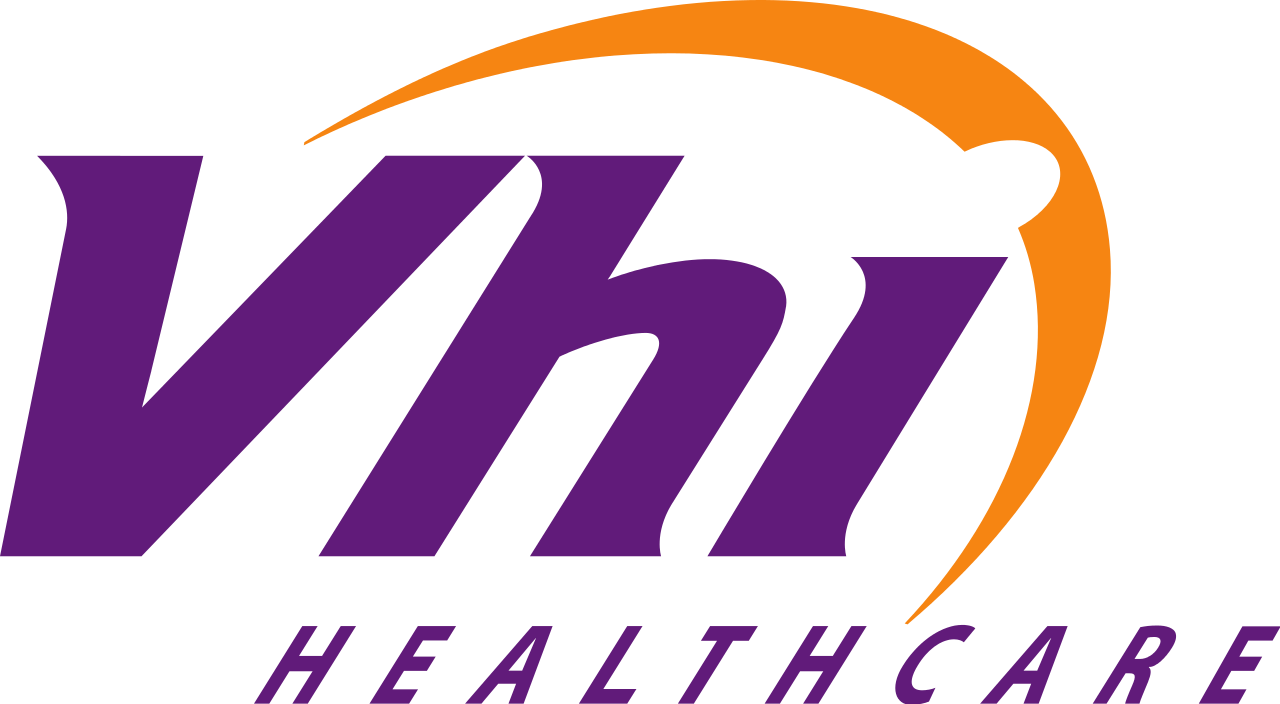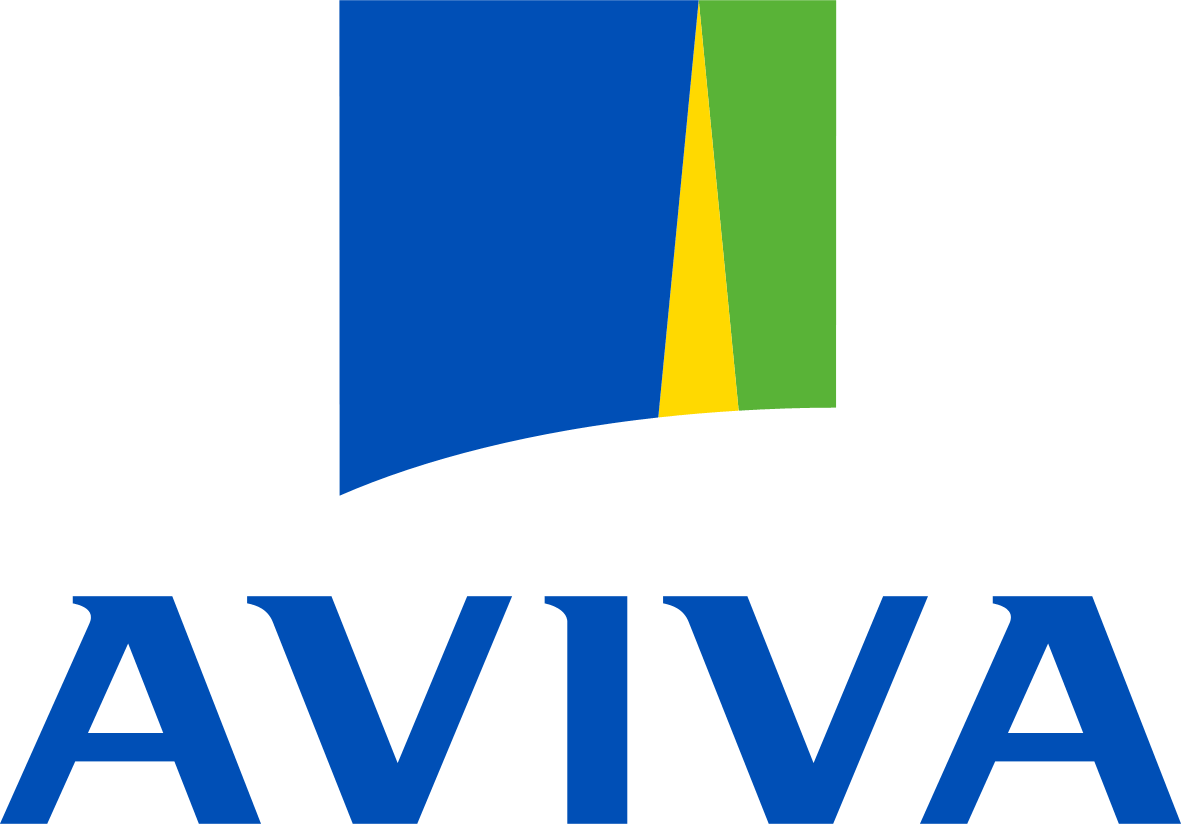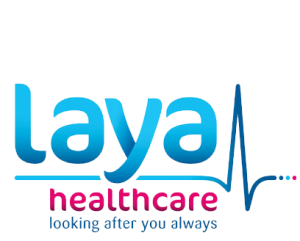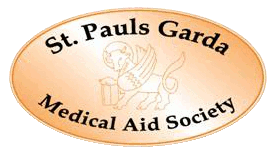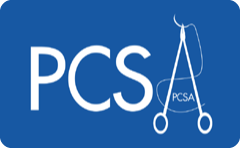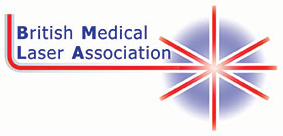 Download this information as a PDF
Download this information as a PDF
What will my skin look like after the treatment?
Immediately after your treatment there will be little or nothing to see on the treated skin. However, some people do experience mild redness and a warming sensation. At worse, you may have occasional small red bruises (purpura) scattered around the treated area, but these often fade within the next few hours. In very extreme circumstances they may persist for a few days, but can be covered with make-up. On sensitive areas such as the neck or hands, there is a possibility that you may get a prickly heat type of reaction that usually settles after 24 hours. You are advised not to take antihistamines or anti-inflammatory medications to treat these mild symptoms as this can lessen the results from the laser treatment.
Will my skin feel any different after treatment?
Immediately after treatment your skin will not feel any different at all, but you may experience a mild itching sensation 30 minutes to an hour afterwards. This is due to the histamine reaction above, which is usually shortlived, lasting a matter of minutes in most cases. Do not scratch the skin. If your skin is tender due to active breakouts, you may experience a reduction in tenderness as soon as one hour after treatment.
Do I have to do anything with my skin on the day of treatment?
Avoid swimming in a public pool for 2-3 days following treatment. Do not use heavily perfumed skin creams and avoid perfume for at least two days. If you wish to apply makeup to the treated area you can do this straight away, but be sure to cleanse the skin gently in the evening to remove all traces before retiring.
The following morning, cleanse and apply make-up as per your usual routine. Do not use any products containing Aloe Vera (including health drinks and tablets, as well as topical products) for seven days before and after treatment and do not smoke on the day of treatment and for 48 hours after, as this stops the treatment working effectively. If you are using topical Vitamin A preparations, these are best avoided for seven days before and after treatment.
Can I use my sunblock creams after treatment?
Using a total UVA/UVB sunscreen on a daily basis is the best way to maximise and maintain the improvements gained by Nlite-V laser treatment.
How soon will I see an improvement?
Results so far have indicated three stages of treatment. On the day of treatment, you should experience a reduction in tenderness. In the days following, most people find that their existing breakouts resolve rapidly. In the weeks after, there should be an improvement to the reddened areas due to old lesions improving and a reduction of scarring, although it can take more than one treatment to get the best results with scarring.
Can I carry on having top up treatments in the future?
Since the Nlite-V is such a low power, low risk laser treatment, there is no reason why patients cannot continue treatment for as long as they like in the future, the time span between treatments will vary from person to person depending on their requirements.
What is the best timing for followup treatments?
Clinical trials show improvements for up to three months after a single treatment, however the treatment is still fairly new and protocols are expected to alter as experience accumulates. Current protocols suggest a 1 3month interval between treatments, but again, this may vary from person to person depending on the extent of the acne and more intensive treatments may be suggested for severe cases.
May I continue taking my regular treatments?
If you are taking antibacterial acne tablets, such as tetracyclines, (eg. “Tetralysal”) or topical retinoid gels, such as Isotrex, Differin, or Retin A, these must be stopped one week prior to treatment. You can restart them seven days after your Nlite treatment. Hormonal acne tablets, such as Dianette and acne gels containing Benzyl Peroxide do not have to be stopped during Nlite treatment.



